Saving lives is key
In response to a journalist's question, Viktor Orban said that everyone wants a lasting solution and peace, and everyone thinks and talks about this in a broad geopolitical context. "Hungary also has its own limitations," he said, "so its international influence can only extend as far, as remaining in harmony with itself allows."
That is why in the last initiative we did not set grand geopolitical and peace establishing goals. The 'big boys' will do that. There is much talk about European values, but I think the most important value is life,
he said. "It will be Christmas. I see no reason why people can't be prevented from dying on the front line for at least the two or three days of the Orthodox Christmas. I have taken steps to this end. Likewise, I see no obstacle preventing the parties from agreeing that a few hundred people, say 700 prisoners from each side being released to go home, at least for these few days."
This may be small compared to the grand geopolitical goals, but still, if a few thousand fewer people die at Christmas and a few hundred or a thousand fathers can go home to their families, that is a European interest. That is what I proposed and I think it is doable,
the Hungarian premier stressed.
Viktor Orban: No solutions on the battlefield
The past three years have clearly shown that there is no solution to this war on the battlefield, he stated. "I have seen belligerent declarations, military maneuvers, new weapons, hundreds of thousands dead, hundreds of thousands maimed, and who knows how many hundreds of thousands of widows and orphans. I have also seen war plans, but so far I do not see signs this conflict being resolved on the battlefield. If a conflict doesn't get resolved on the battlefield, then another resolution has to be found," he said, adding
Communication, meetings, negotiations, diplomacy. Diplomacy has to take back the lead from the generals who are controlling the events. Otherwise the war will not end, or at least not in the foreseeable future, and there will only be losses again and again.
Responding to another question, the prime minister said that the future and security of Europe strongly contingent on upholding transatlantic cooperation.
Maintaining transatlantic cooperation means that the two pillars of transatlantic power, America and Europe, work together. A new American president will be inaugurated on January 20. And I recommend for us, Europeans, to have strategic patience. Let us not do anything that would make future strategic cooperation in the transatlantic network more difficult,
he replied. When asked how Donald Trump would end the war in 24 hours, Mr Orban responded that
I am not authorized to speak about the intentions of other leaders.
EU steps up pressure on Russia
The European Council President Antonio Costa spoke of how the European Union is set to increase the pressure on Russia, including with the implementation of additional sanctions.
The European Council urges all countries to immediately cease all direct or indirect assistance to Russia,
Mr Costa said, declaring, "now is not the time for different scenarios; now is the time to prepare Ukraine for all possible scenarios, and we stand by Ukraine in all scenarios". As he put it, at the summit, EU leaders had agreed that the European Union is ready to do whatever is necessary, for as long as is needed to strengthen Ukraine.
He also underlined that the Council reaffirmed, inter alia, its support for a comprehensive, just and lasting peace based on the principles of the UN Charter and international law, in line with the key principles and objectives of the Ukrainian Peace Formula. The European Union remains committed to supporting Ukraine's recovery and reconstruction in coordination with international partners.
On the EU's place in the world, Costa said that in the multipolar world order it is in the EU's interest to find partners on all continents, in the spirit of shared values, including respect for international law and the fight against climate change. The Council president also called the United States and the United Kingdom the Bloc's two closest partners, saying the EU is ready to continue its cooperation with Washington.
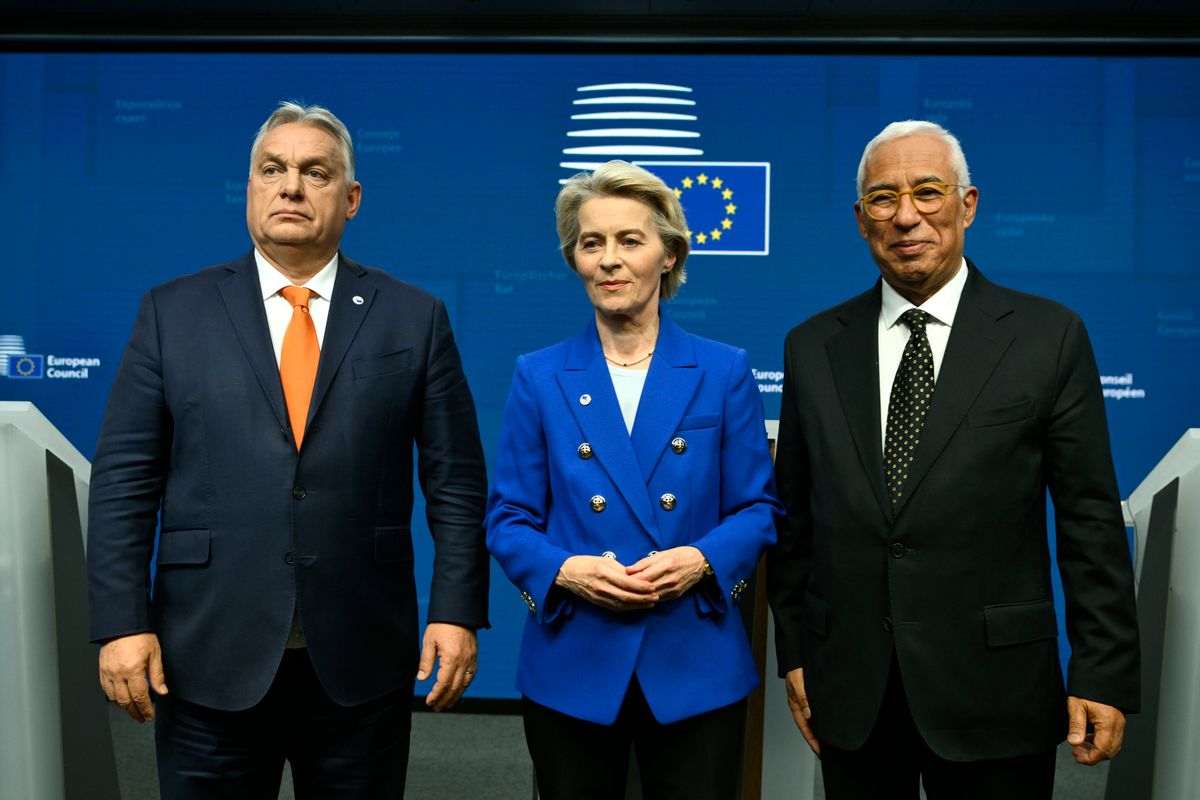
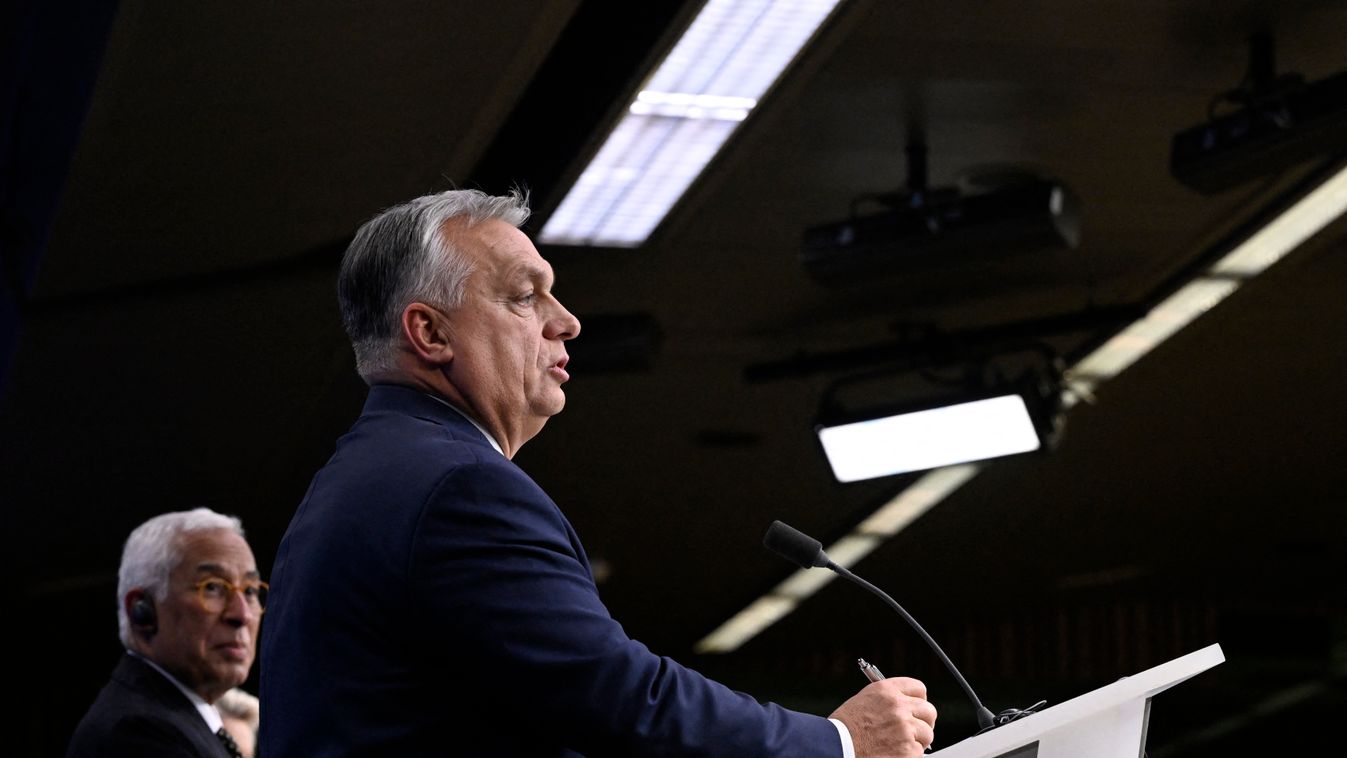
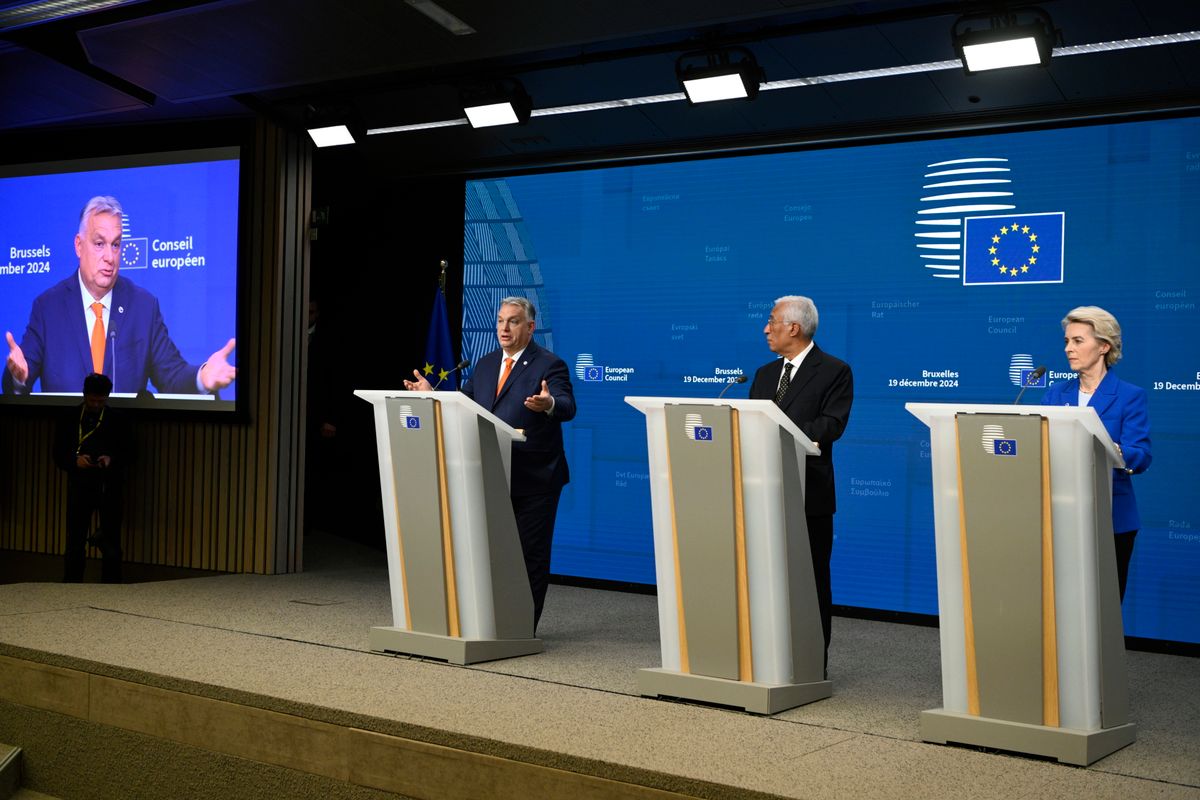
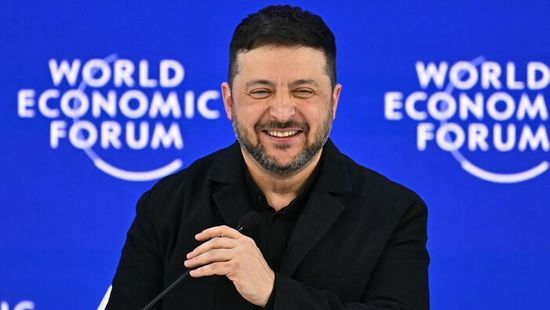
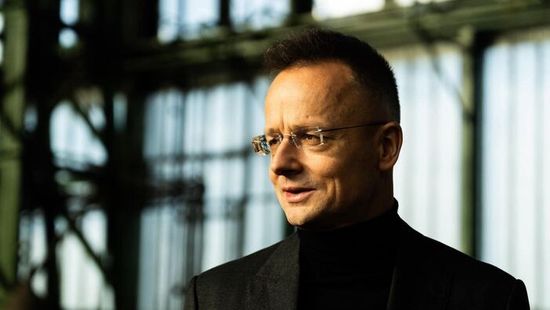
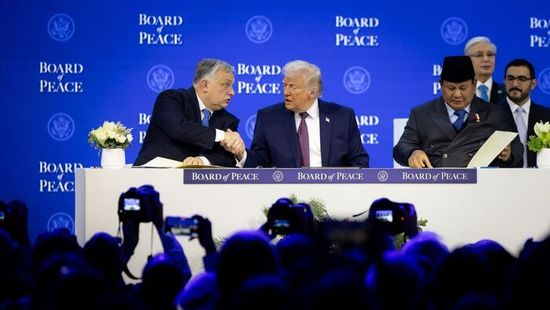
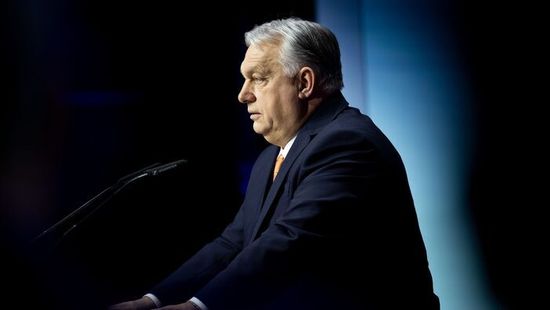

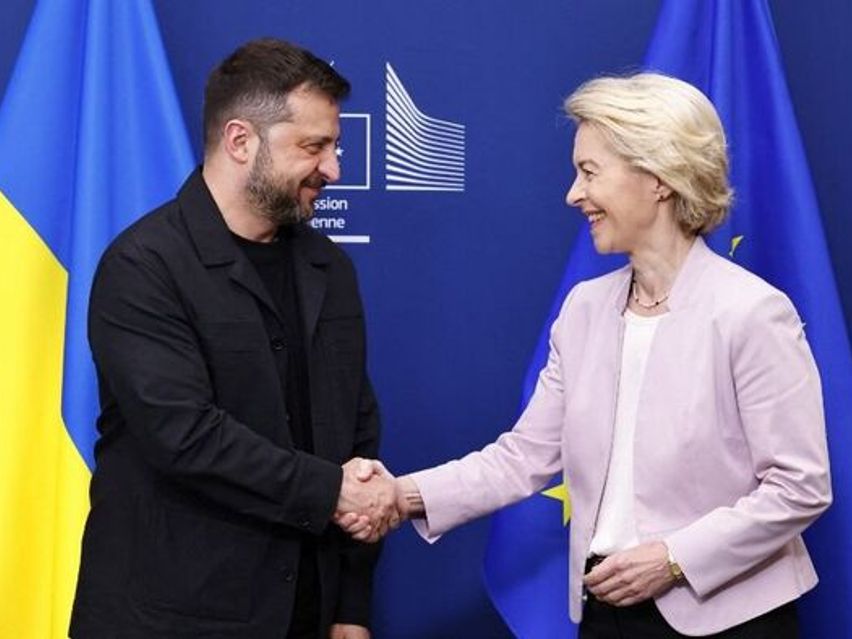
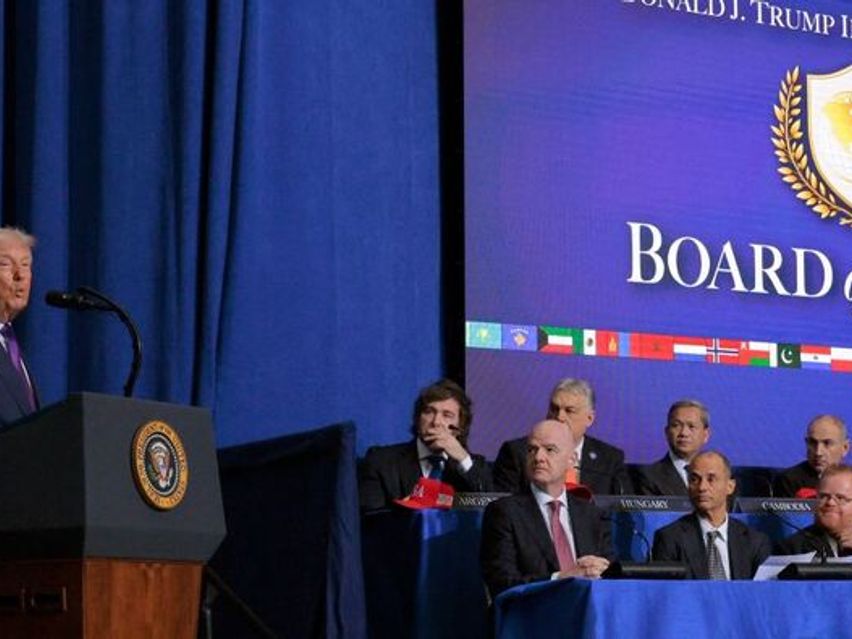
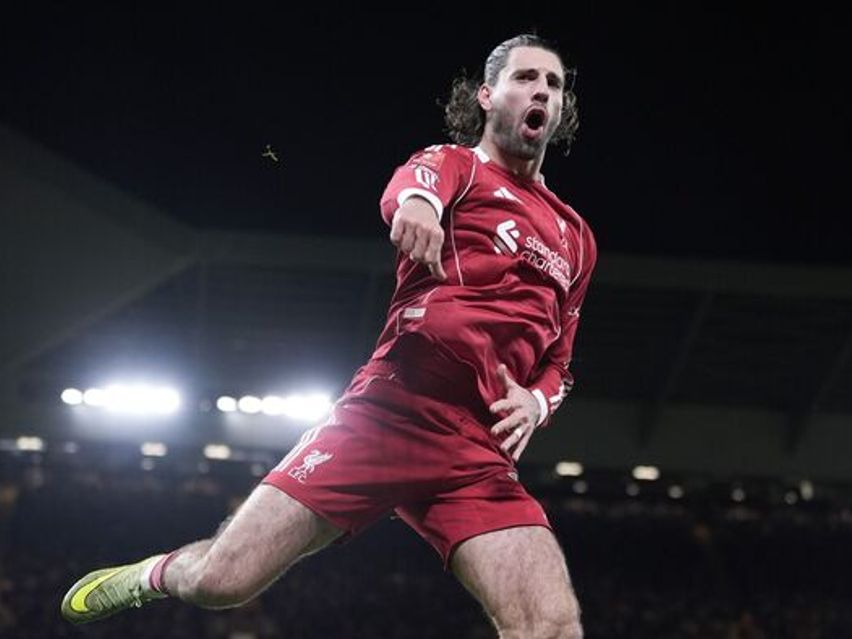
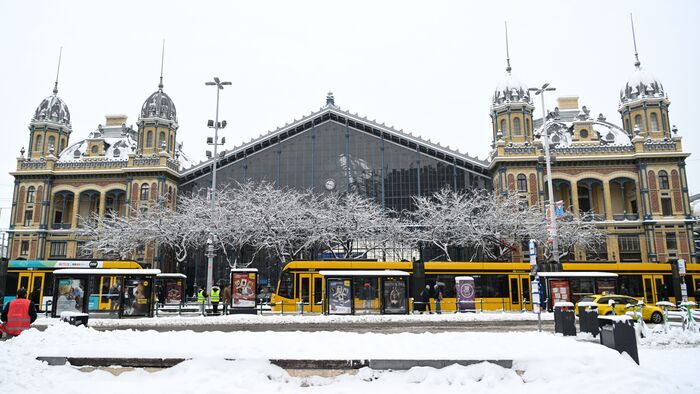

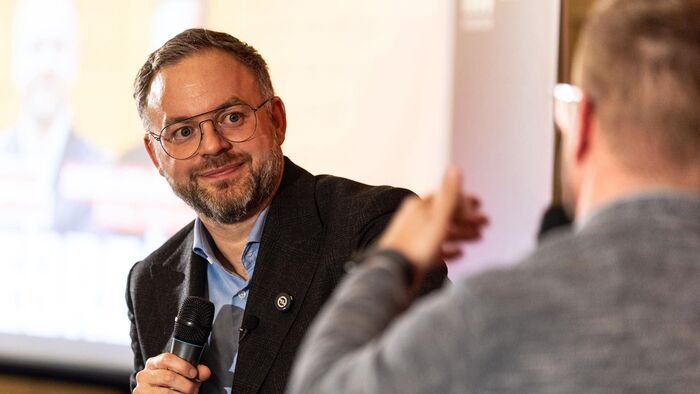
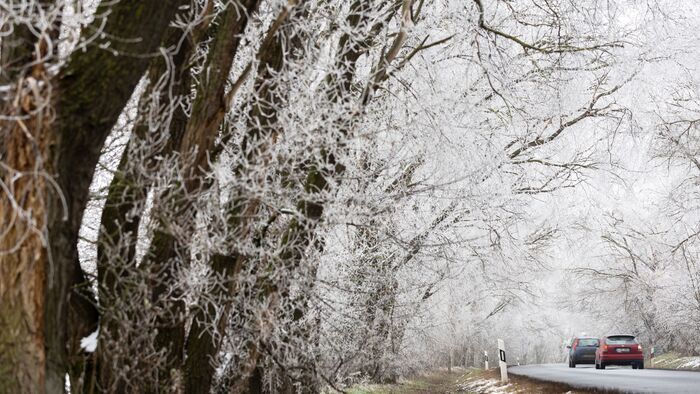
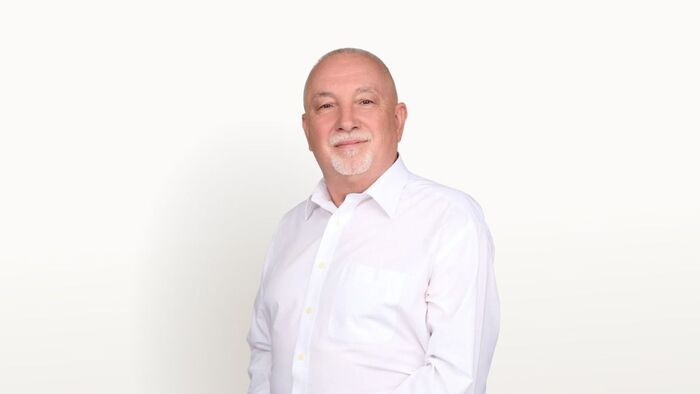
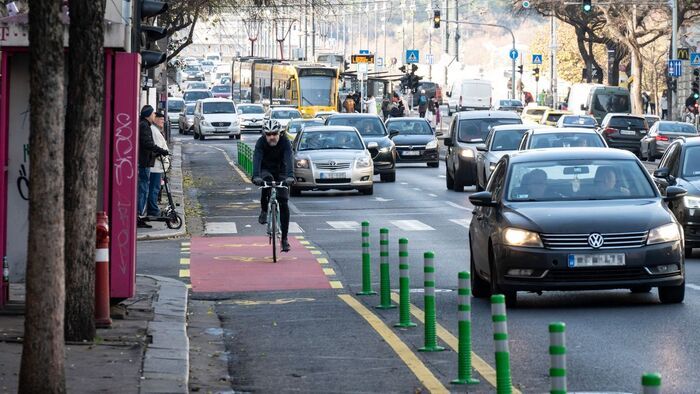
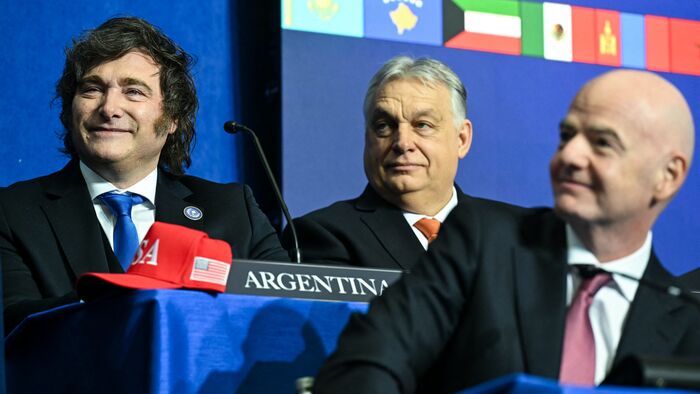
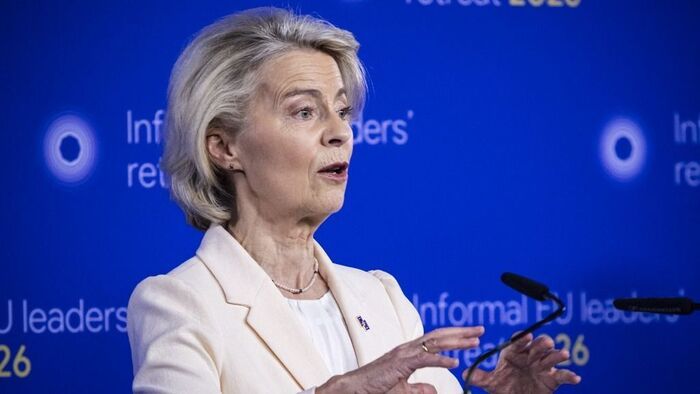
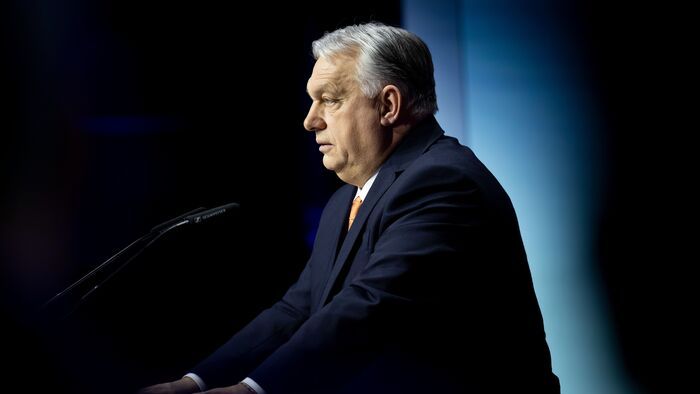

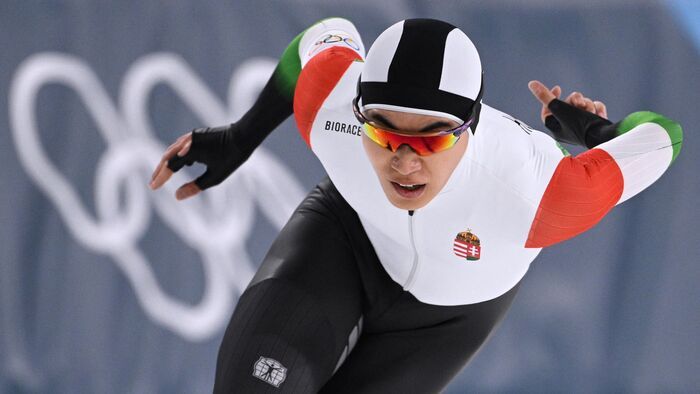
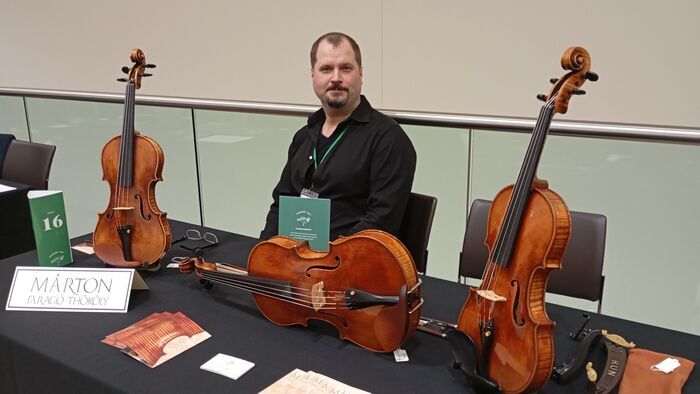


Szóljon hozzá!
Jelenleg csak a hozzászólások egy kis részét látja. Hozzászóláshoz és a további kommentek megtekintéséhez lépjen be, vagy regisztráljon!